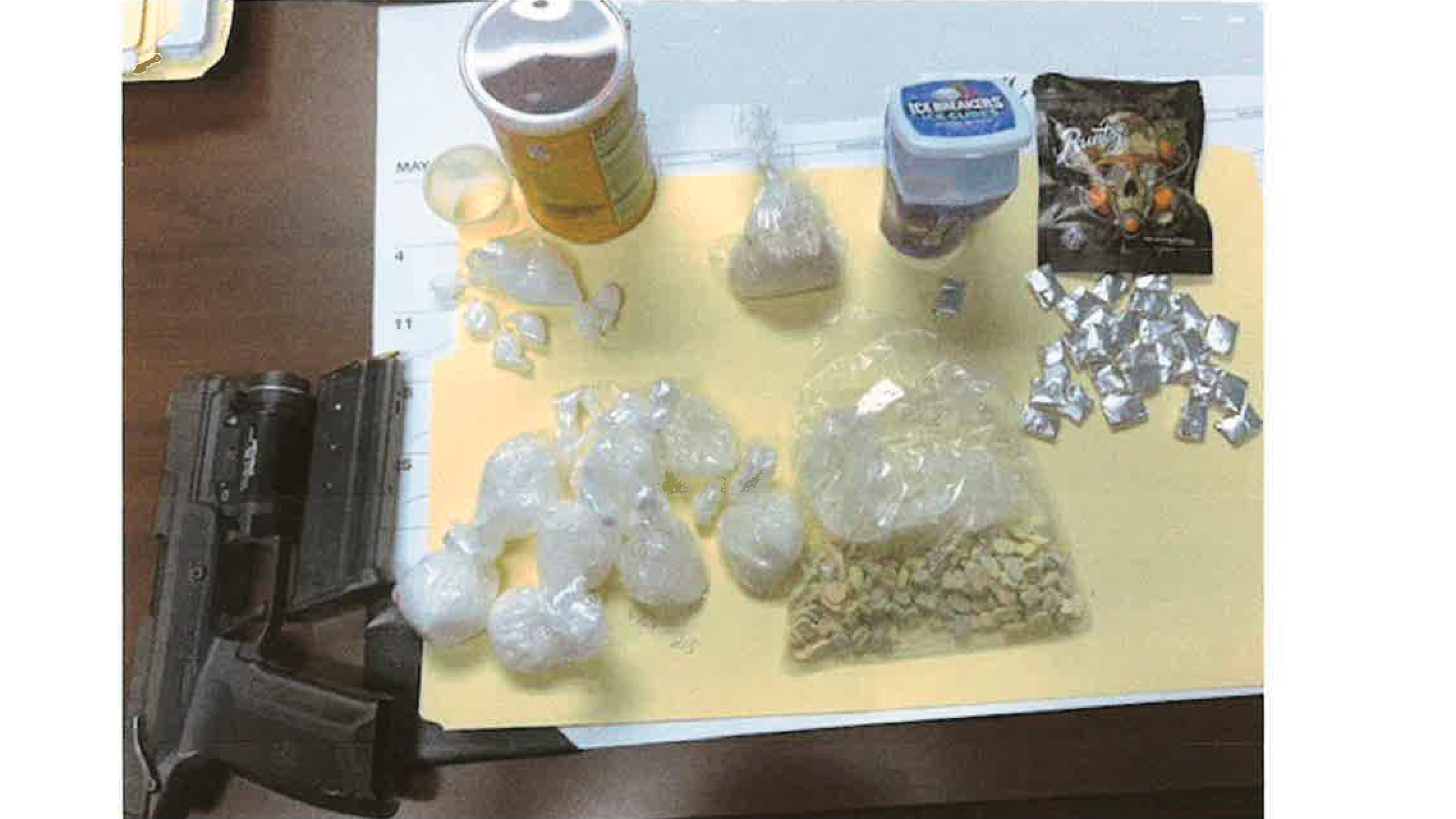Cuts may threaten rehab, mental health services
Published 6:34 pm Monday, March 29, 2010
Brookhaven’s alcohol and drug rehabilitation program couldcollapse if deep cuts are made to the Mississippi Department ofMental Health’s budget next month, a regional mental health chiefwarned.
With lawmakers meeting in April to craft next year’s state budgetwith $500 million less, Southwest Mississippi Mental Health Complex(Region 11) Executive Director Dr. Steve Ellis is watching for thefinal draft of the DMH budget, where most of the funding for theNewhaven Recovery Center originates. He said around 86 percent ofthe center’s funding comes from state grants, and the bulk of thatmoney comes from DMH’s service budget, a usually large sub-budgetthat subsidizes some mental health complex programs.
“It would have to be downsized,” Ellis said of Newhaven. “We’d haveto reduce the number of patients we could treat and the size ofstaff concurrently.
DMH is normally funded with close to $700 million per year – one ofthe state’s largest budgets. Cuts to that amount are expected, andone amendment being debated by House and Senate conferees for theDMH budget would decrease funding by about $20 million and wipe outthe service budget entirely.
Ellis said DMH Executive Director Ed LeGrand has advised communitymental health bosses statewide to begin searching for new forms ofrevenue.
Newhaven offers various residential and outpatient treatmentprograms for alcohol and drug addiction, with some programsoffering a 42-day stay in the facility and follow-up services afterrelease. Services are based on a sliding pay scale, meaning clientswith less money pay less of a bill, making treatment available to awider range of people.
Lincoln County judges have the option of sentencing some alcoholand drug offenders to rehab at Newhaven.
Potential DMH budget cuts could come into play in other areas forRegion 11’s 22 programs, three of which – Newhaven, the LincolnCounty Lifeskills Center and the Lincoln County Mental HealthCenter – operate in Lincoln County. If DMH programs are eliminatedin the cuts, those mental patients will have to seek treatmentelsewhere, either in private institutions or from community mentalhealth’s limited resources.
“Someone else will have to pick up those clients,” Ellis said.”There will be a lot more in crisis. How well we’re going to beable to handle that depends on what kind of resources we can drawon and how well we can handle it.”
Ellis said the Lincoln County Mental Health Center is wellpositioned to offer outpatient mental health services, withscheduled psychiatrist visits, a pair of full-time therapists andcase managers. The center does not, however, have residentialspace, and some mental health clients need institutionalizedcare.
If the Legislature requires it, regional mental health complexesare also prepared to take on operation of the state’s crisisintervention centers, a job Ellis said the groups can do cheaperand more efficiently than DMH.
Under DMH, the centers are affiliated with the Mississippi StateHospital and are subject to expensive hospital requirements setforth by the national Joint Commission. Under regional mentalhealth, the centers’ missions would change to a morecommunity-based treatment and hospital requirements would beunnecessary.
Ellis said regional mental health would need some state help tooperate the centers, but could save between $500,000 and $1 millionannually by taking over.
“If we don’t start shifting more resources to community programs,you will not be able to build enough hospitals to treat them all,”he said. “Your resources will be going to treatment way down theroad instead of treating patients’ problems at the front end.”




